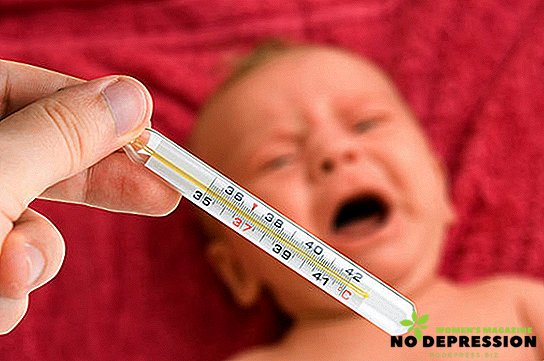Violation of the kidneys of the female body can be prevented by knowing the symptoms and causes.
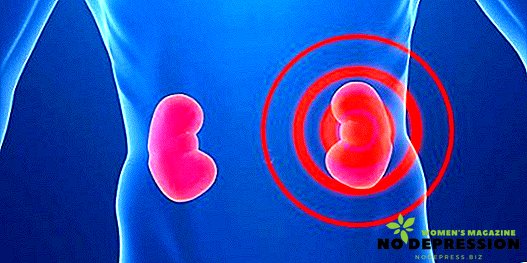
Why does kidney failure occur in women?
Renal failure is a consequence of other diseases, as a result of the correct mode of the kidneys. Pathology affects women of all ages, but according to statistics, they are younger individuals. And cause it and the disease is not associated with this body. The best known causes are:
- antibiotic treatment without a prescription;
- pregnancy;
- poisoning by poisons contained in drugs and chemicals;
- volume loss of blood;
- circulating blood has reduced a steady volume of pumping, for example, a burn;
- external and internal intoxication of the body;
- hypertension;
- glomerulonephritis;
- stones in the ureter;
- injury or kidney removal;
- malignant and benign tumor of the renal tissues;
- complication after kidney disease;
- liver failure (cirrhosis);
- diabetes;
- wrong structure of the kidney.
With the running form of the disease it is very difficult to identify its causes. According to statistics - this is 20% of patients.
Renal failure in women: types and symptoms
According to laboratory signs, two types of renal failure in women are identified:
- acute;
- chronic.
Symptoms of acute renal failure (acute renal failure)
Symptoms of acute renal failure have 4 stages of the disease.
The development of signs of stage 1 occurs gradually, from several hours and last for several days. Sometimes, they are completely absent, although pathological changes in the tissues of the organ are already occurring.
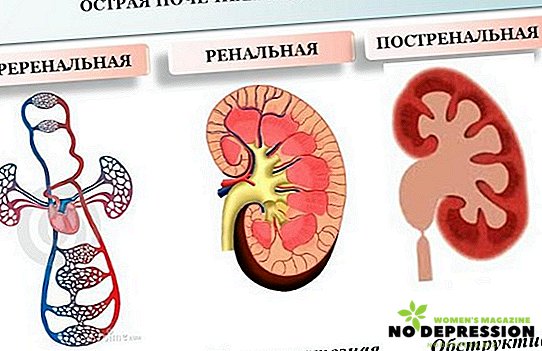
It all depends on the cause of impaired renal function, for example, if it is an infectious disease, then the patient feels:
- muscle pain;
- chills;
- fever;
- headache.
Intestinal infection:
- diarrhea;
- vomiting;
- headache.
Intoxication and sepsis:
- anemia;
- jaundice;
- convulsions.
Shock condition:
- low blood pressure;
- filament pulse;
- sweating;
- pallor;
- loss and confusion of consciousness.
Glomerulonephritis:
- lower back pain;
- blood in the urine.
The second stage (oligoanuric). Its signs are more pronounced due to the accumulation of urine in the blood: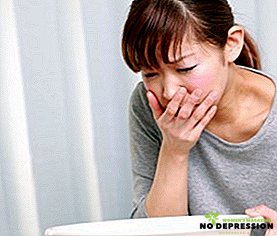
- cardiopalmus;
- decreases brain activity;
- diarrhea;
- low pressure;
- lethargy;
- dyspnea;
- vomiting;
- the volume of urine per day is significantly reduced or terminated altogether;
- itching of the skin;
- the patient's weight increases due to the accumulation of fluid in the body;
- swelling of the brain, lungs;
- general severe condition;
- swelling of the feet, face;
- accumulation of fluid in the abdominal cavity.
If the patient went to the doctor and was prescribed the correct treatment, then comes the 3rd degree (polyuritic). Nitrous toxins and excess fluid leaves the body, urine volume returns to normal.
The patient is in the stage of recovery and all vital functions are gradually restored. The negative part of this stage is the possible development of infection and inflammation of the bladder.
The fourth stage is rehabilitation, during this period a full recovery occurs. In some cases, nephrons are damaged in large quantities, then we cannot talk about the complete restoration of the organ.
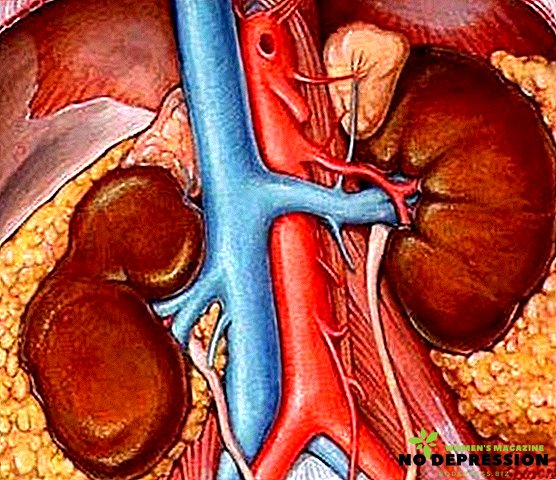
Affected kidney
A patient who did not see a doctor or received an incorrect treatment after the 2nd stage may end up in the terminal stage, which is accompanied by:
- arrhythmia;
- violation of consciousness;
- internal bleeding;
- coma;
- subcutaneous hemorrhage.
All disappointing signs, in general, are fatal.
Symptoms of renal failure during pregnancy
Renal organs may experience pressure from the uterus during pregnancy. As a result, pathology develops. A woman has the following symptoms:
- increased protein in the urine;
- pallor;
- headaches;
- vomiting;
- hypertension;
- decreases urine volume per day;
- swollen limbs, face.
Pathology affects not only the health of the mother, but also the fetus.
Symptoms of chronic renal failure
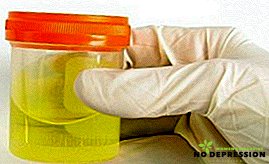 It will take several years for women to develop symptoms of CKD (chronic renal failure). Since the kidneys have a unique opportunity to work for damaged tissues, until their complete dysfunction occurs.
It will take several years for women to develop symptoms of CKD (chronic renal failure). Since the kidneys have a unique opportunity to work for damaged tissues, until their complete dysfunction occurs.
The early stage (latent) can be seen in the laboratory, where changes in the functioning of the organ in the form of protein in the urine or a slight deviation of the electrolyte composition of blood are visible. At the same time, a woman may not feel any symptoms.
The second stage of the disease (compensated) is marked by symptoms:
- dry mouth;
- lethargy;
- frequent urination up to 2.4 liters per day;
- violated biochemical analysis of urine and blood.
The third stage (intermittent).
Symptoms:
- increased levels of cretanin and urea;
- joint pain appears;
- bad breath;
- yellowish skin;
- constant thirst;
- decreased appetite;
- colds and tonsillitis are more severe.
Last stage (terminal).
Symptoms: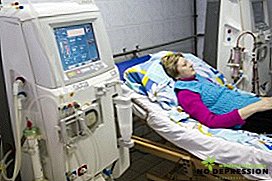
- sweat smells like urine;
- hormone disruption;
- vomiting;
- skin yellow color;
- damaged hair structure;
- decrease or not urine;
- dyspnea.
At the last stage, the patient is transferred to hemodialysis.
What kind of treatment is provided by doctors
With acute renal failure, the causes of the disease are identified and all treatment is aimed at eliminating it. If inflammatory processes of a bladder are revealed, immunostimulants and antibiotics are appointed.
Poisoning with drugs, toxins that cause ARF, is prescribed plasmapheresis and hemosorption.
Most blood loss is replenished by plasma or blood.
The following guidelines are added to all individual appointments:
- in acute form - bed rest;
- Do not smoke or drink alcohol;
- lead a quiet lifestyle and not subject the body to stressful situations;
- eliminate physical exertion.
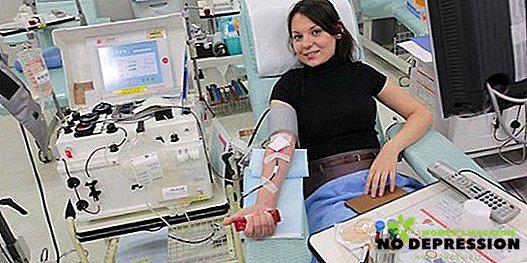
Plasmapheresis procedure
What can be done to treat kidney failure at home
A sick woman with ARF is mainly at home and occasionally visits a doctor. At home, you should reduce the load on the nephrons. To do this, fulfill some requirements:
- reduce the intake of salt and protein foods;
- follow the diet prescribed by the doctor;
- For communication of protein metabolites in the intestine, appropriate medication is used;
- cleanse the body of infection;
- reduce physical exertion;
- Do not use drugs with nephrotoxic effect.
Table salt use up to 3 grams per day, if high blood pressure. Protein foods reduce to 40 grams, in some cases (with persistent azotemia) to 20 grams. Amino acids to use steadily.
Nitrogen metabolism products are well eliminated later. For this you need to take infrared saunas in the hospital.
There are home-use devices even for hemodialysis, in order not to complicate the life of the patient by going to the polyclinic.
Renal failure in women is quite easily treated if you go to the clinic in the early stages. Plants and their fees apply after consulting a doctor, as there are contraindications to some of them.
For more information about kidney failure, see the following video.








